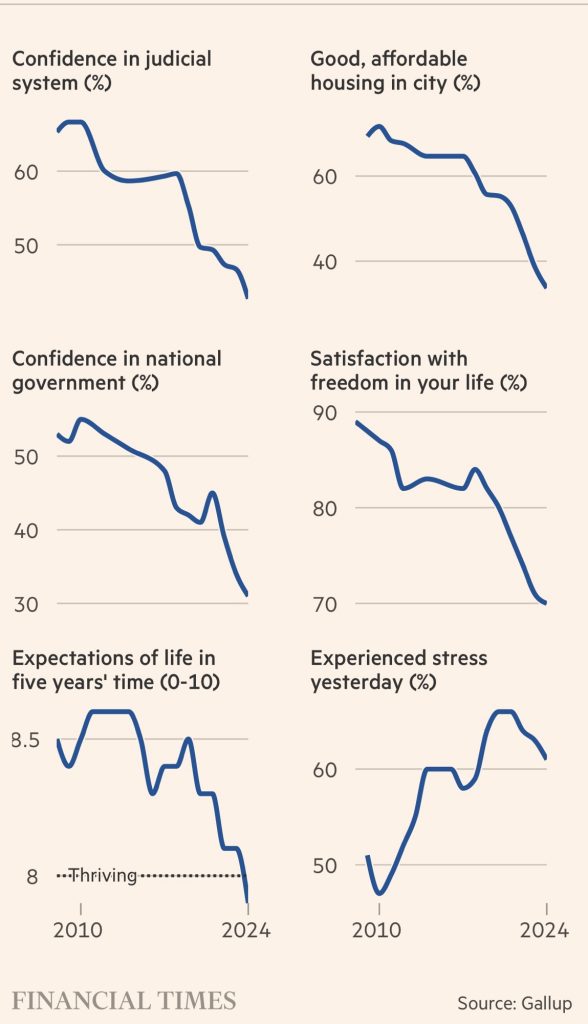Americans are big fans of private property; or so our reputation says. But we’ve got a lot of exceptions, rules and regulations how we exercise our rights in that regard.
From zoning laws to bodily sovereignty, restrictions on what you can do with your “stuff” really runs the gamut in America.
I refused to join security clearance service Clear or take part in genetic testing at 23andMe because I simply didn’t trust that my genetic and biometric data wouldn’t end up being sold to a private equity shop in the event of bankruptcy. Which alas is exactly what is happening to 23andMe.
I don’t care for the state having my biometrics but at least it’s possible to advocate medical rights and personal privacy. The TSA and the State Department have me cleared for TSAPre and Trusted Traveler.
I don’t love it but I’ve got some rights that leviathan is meant to abide by. I don’t believe we’ve yet found a way to bind a corporation to a similar term of service. But the cyperpunk future seems more likely to give us less control not more.
Between the law of the low road and our current tendency toward “the idiot plot” in all areas of life it seems like ownership of our bodies and its data is a pipe dream. Hell you can’t even keep a Signal group chat secure anymore as any old idiot (or savvy Machiavellian) can drop in a journalist.
